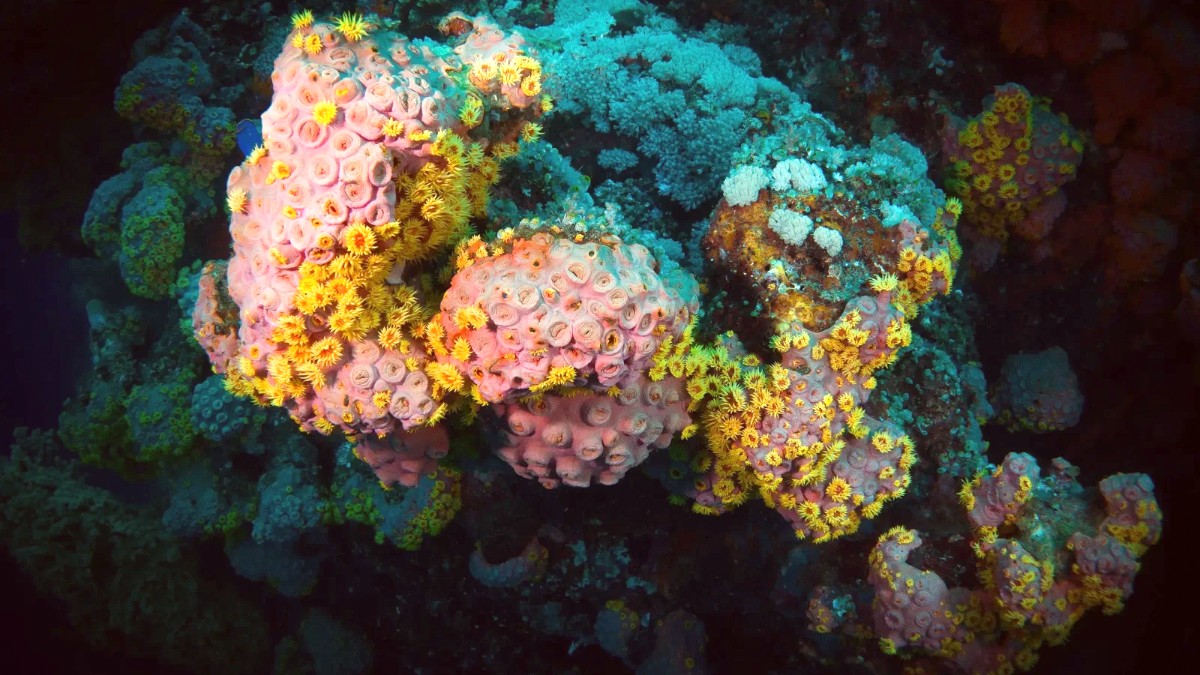
Witnessing intact, functional marine and island ecosystems brings a rare privilege.
Standing on ground that saw pivotal human history forms a tangible link to the past.
Challenges of working in extreme isolation foster immense personal growth.
Authorized personnel find profound learning and personal development on these islands.
This experience differs from any typical travel destination.
Contributions to understanding pristine ecosystems have global relevance.
Not tourist destinations, yet responsible interaction forms the core of United States Minor Outlying Islands management. The inherent pledge for anyone authorized to visit involves maintaining the highest standards of environmental and ethical conduct.
All gear and clothing receive meticulous cleaning before arrival and departure.
This action protects unique and vulnerable island ecosystems from irreparable harm.
Strict adherence forms a core requirement for access.
A pledge for absolutely no waste remaining, packing out all brought items.
Proper human waste handling and minimal physical impact on the environment.
The aim is to leave islands as pristine as found.
A commitment to prioritizing the ecological well-being of the islands in all actions.
This supports their role as critical wildlife refuges and marine protected areas.
Adhere to all regulations set by managing agencies.
This pledge is a requirement for anyone privileged to access these remote and protected U.S. Territories. It mirrors a deep understanding of their fragility and significance.
For those inspired by the remote beauty, conservation significance, and historical depth of the United States Minor Outlying Islands, yet seeking accessible experiences, destinations with similar ecological values or historical narratives and established tourism infrastructure offer good options.
Many refuges within the U.S. Are open to the public, presenting opportunities for birdwatching, hiking, and experiencing diverse ecosystems.
Explore destinations safeguarding significant marine environments, presenting educational and recreational opportunities.
Some remote islands globally hold highly regulated, sustainable tourism focused on conservation.
Explore historical narratives tied to Wake and Midway Islands through accessible sites.
These display exhibits and archives detailing the broader history of the war.
They highlight the role of these distant outposts in global events.
A tangible link to past strategic pursuits and sacrifices.
Beyond direct visitation, the spirit of these islands fosters broader contemplation.
Deep respect for the planet's untouched corners.
An unique intersection of scientific exploration.
Contemplation on humanity's strategic pursuits.
Connecting with the themes of remote nature, conservation, and history through established and accessible channels.
Engage in experiences that protect significant marine environments.
Learn about unique ecosystems and conservation efforts.
Explore remote islands with highly regulated, sustainable tourism models.
Visit sites commemorating pivotal moments in human history.
National museums and memorials offer exhibits and archives.
Detailing the broader history of conflicts and distant outposts.
These suggestions enable connections with remote nature, conservation, and history themes, via established and accessible channels, while respecting the unique and protected status of the United States Minor Outlying Islands.